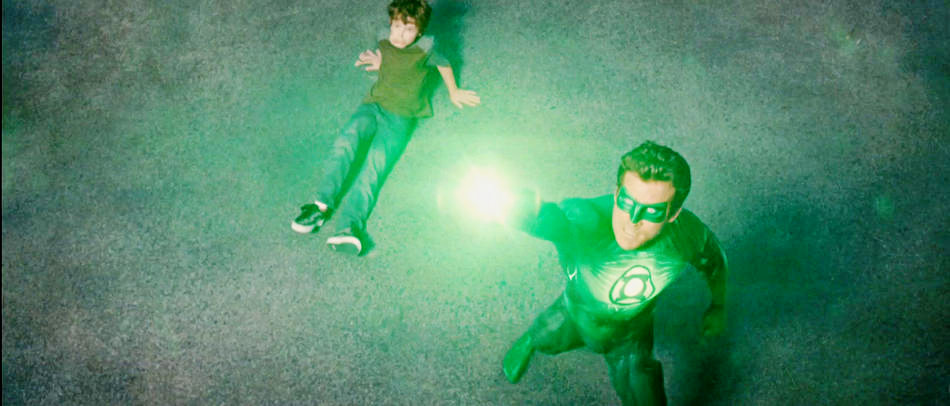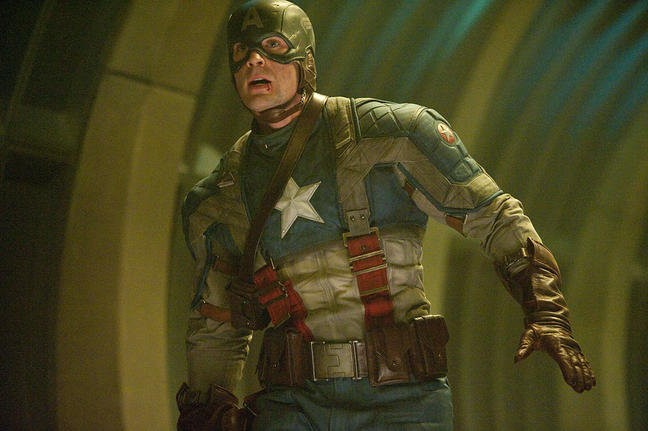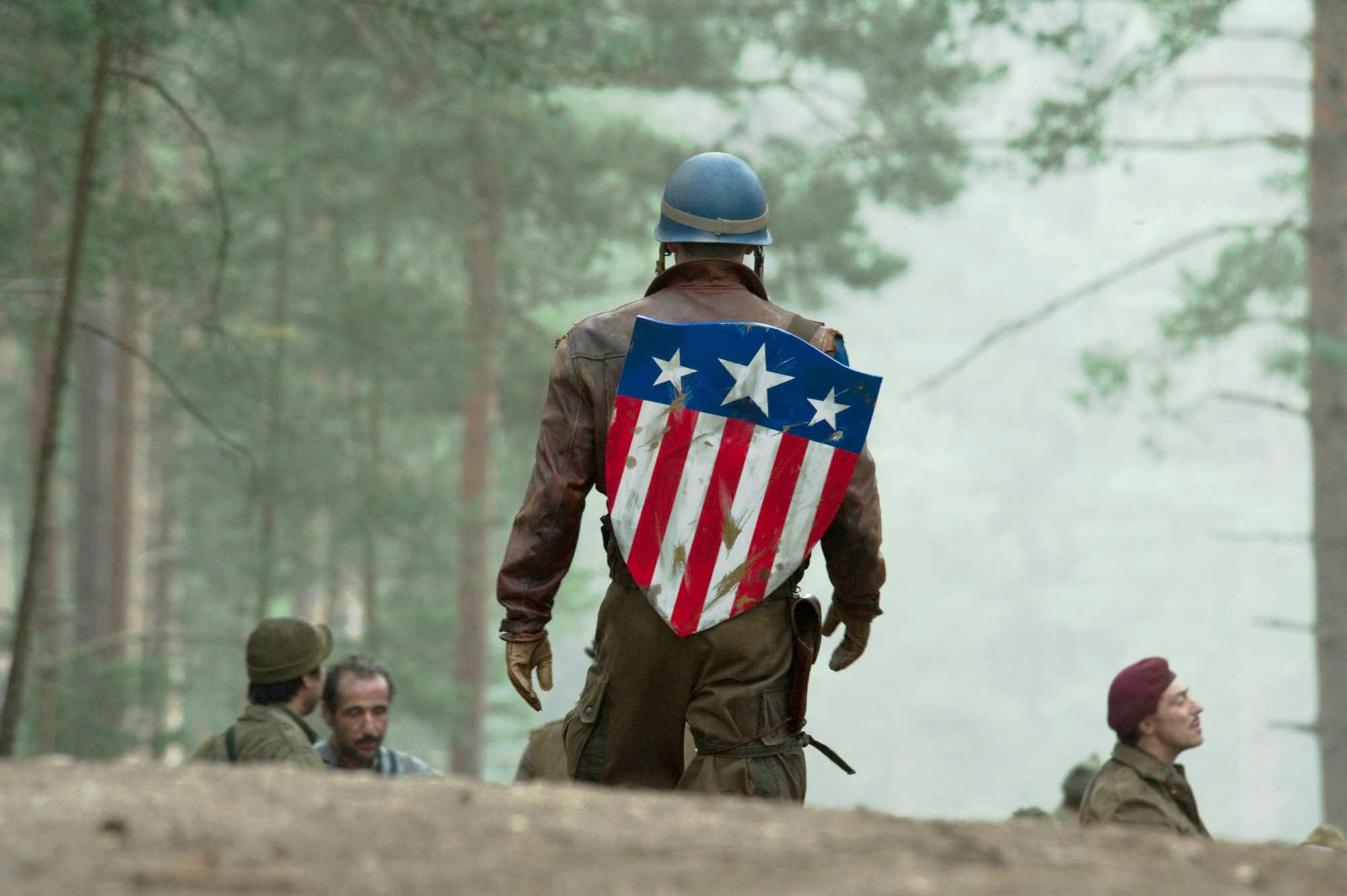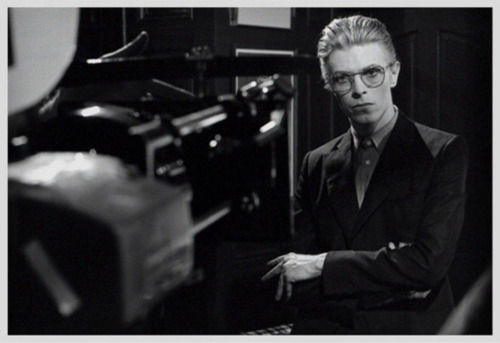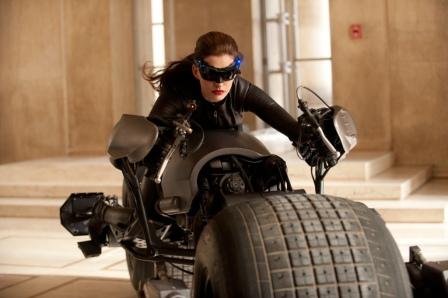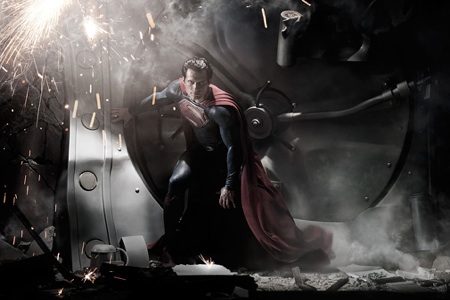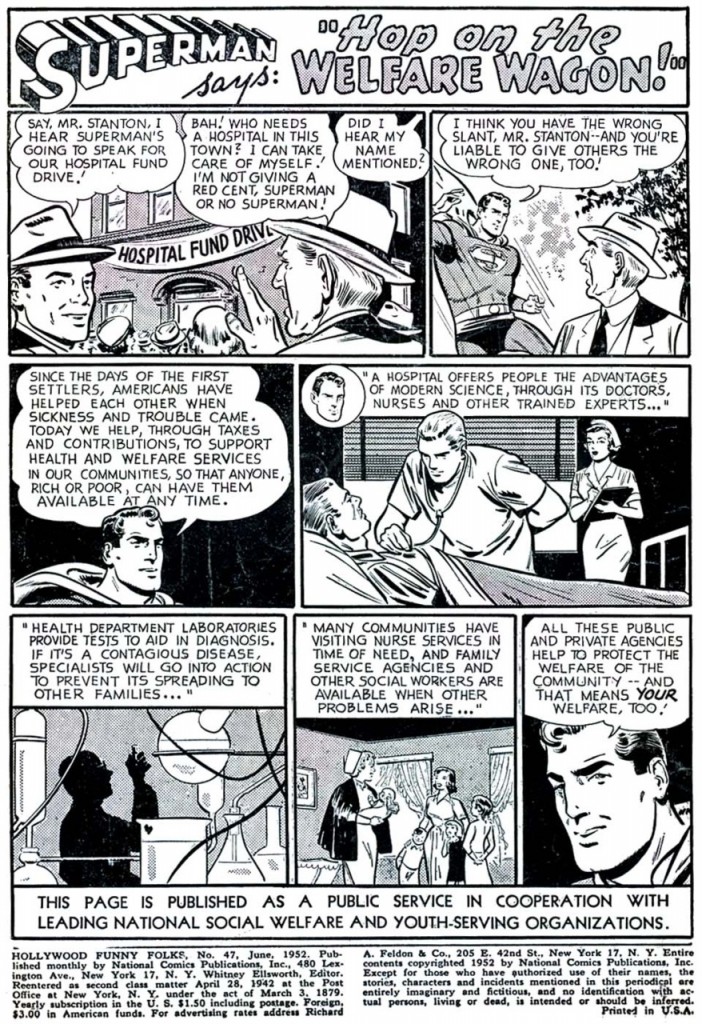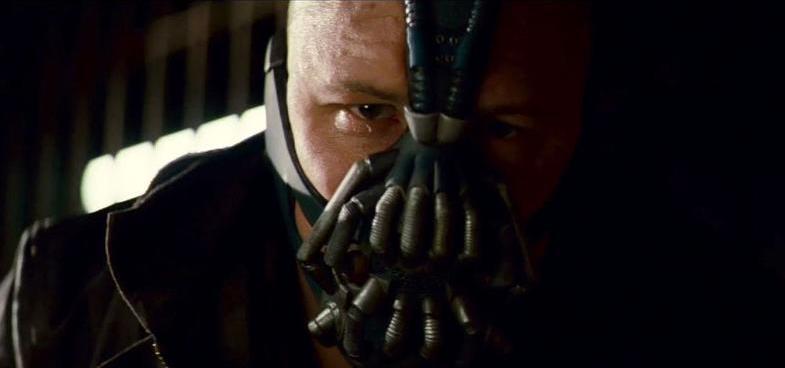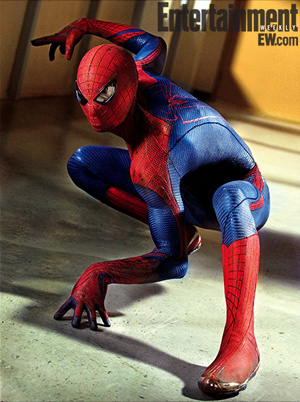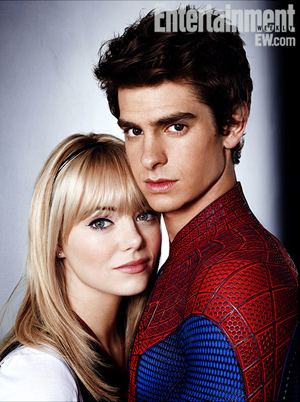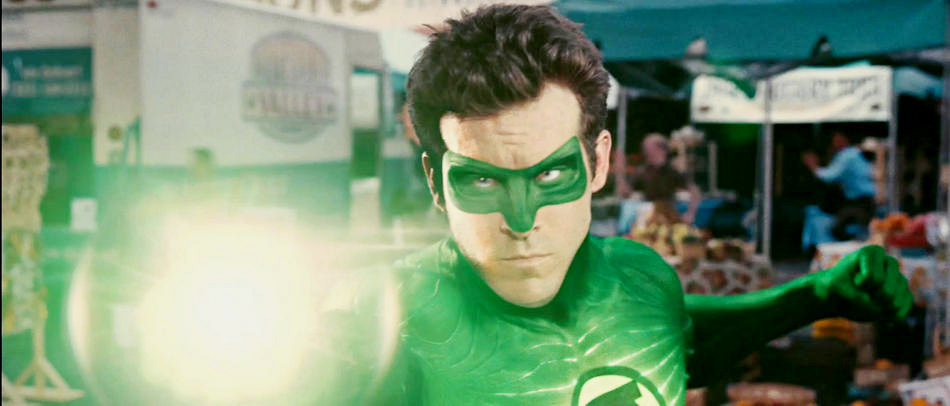
Another catch-up review: As I alluded to in my post on
Thor a few months ago, it was always likely that the Summer of the Comic Book B-list was going to have a clunker in there somewhere. So, when Branagh’s
Thor turned out surprisingly ok and and Matthew Vaughn conjured a quality entertainment in
X-Men: First Class, that put the statistical pressure on
Martin Campbell’s Green Lantern and Joe Johnston’s
Captain America: The First Avenger.
Well, at least for now, Cap can breathe a little easier, because Green Lantern, as I’m sure you’ve heard by now, is a bit of a dud. It’s not nearly as terrible as some of the reviews make it out to be, and I still think there’s potential here for a quality franchise. (Let’s remember, Sam Raimi’s first Spiderman had serious pacing problems and some majorly poor decisions therein as well — I’m looking at you, Willem DeFoe’s static faceplate.) But this Green Lantern is too often a rote, by-the-numbers origin story. It never establishes much of a rhythm, and too often feels like a film made by a committee. In short, a missed opportunity.
 The first red flag happens in the opening moments, as Geoffrey Rush tells us in a leaden voiceover about the Green Lantern Corps — a legion of intergalactic cops, organized and headed by the Guardians of Oa, who are dispatched to guard all the sectors of the universe through judicious use of their willpower-driven rings. This sort of stage-setting exposition dump can be done well — most obviously by Cate Blanchett in Fellowship — but here it feels perfunctory and tacked-on, like somebody rushed it to the beginning of the film after a test screening or two.
The first red flag happens in the opening moments, as Geoffrey Rush tells us in a leaden voiceover about the Green Lantern Corps — a legion of intergalactic cops, organized and headed by the Guardians of Oa, who are dispatched to guard all the sectors of the universe through judicious use of their willpower-driven rings. This sort of stage-setting exposition dump can be done well — most obviously by Cate Blanchett in Fellowship — but here it feels perfunctory and tacked-on, like somebody rushed it to the beginning of the film after a test screening or two.
The good news, tho’, is we’re in space, and here the movie actually shows some early hints of promise. We watch some alien space marines, shipwrecked on a rocky planet, accidentally awaken an trapped malevolence — the former Oan now known as Parallax. Parallax enjoys the Cheneyesque ability of growing stronger by feeding on fear, and he soon escapes this Rura Penthe to exact his revenge on the Green Lantern Corps, and especially the Lantern who put him under — Abin-Sur of Sector 2814. (This, by the way, is exactly the let-your-freak-flag-fly sort of cosmic craziness that should have animated the whole film. But it’s a tease. We ultimately spend far too much time earthbound.)
So Parallax is loose, and he soon manages to fatally wound his old nemesis Abin-Sur, who then has to find a replacement ringbearer as soon as possible. Enter Hal Jordan (Ryan Reynolds), a hotshot Air Force pilot who doesn’t play by the rules!™, but whose swagger and bravado conceals lingering doubts about his abilities™ resulting from the untimely death of his father™. (I know, I know: Green Lantern’s origin is Green Lantern’s origin, but the film doesn’t do its source material much credit by playing it so bland.) Does Hal have it in him to take the ring, face down his fears, and defeat the yellow-tinged forces of Parallax? I dunno…let’s watch him mope for forty-five minutes or so to find out!
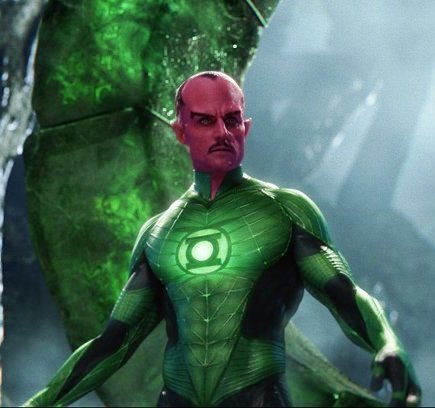 In the reviews, Ryan Reynolds has been avoiding most of the blame for what’s wrong with Green Lantern, and I think that’s fair. He’s a likable actor with, as least as far as I can tell, not much range — but, since cocky-but-endearing is his wheelhouse, he ends up being a decent-enough fit for Hal Jordan. Blake Lively, on the other hand, has seen a lot of Haterade thrown her way for this flm. But, while she made more of an impression in The Town, she’s perfectly competent here — The problems with Green Lantern aren’t her fault either. Nor are they really Martin Campbell’s — the film feels well-made throughout.
In the reviews, Ryan Reynolds has been avoiding most of the blame for what’s wrong with Green Lantern, and I think that’s fair. He’s a likable actor with, as least as far as I can tell, not much range — but, since cocky-but-endearing is his wheelhouse, he ends up being a decent-enough fit for Hal Jordan. Blake Lively, on the other hand, has seen a lot of Haterade thrown her way for this flm. But, while she made more of an impression in The Town, she’s perfectly competent here — The problems with Green Lantern aren’t her fault either. Nor are they really Martin Campbell’s — the film feels well-made throughout.
No, the problem here is pretty clearly with the writing — which probably isn’t surprising given that Green Lantern has all of four credited screenwriters (Greg Berlanti, Michael Green, Marc Guggenheim, Michael Goldberg — I hope they saved money on the monogramming.) Most obviously, much more of this adventure should have happened in space. The film only really has a pulse when on Oa or somewhere off-planet, but instead we spend far too much time watching Hal Jordan sulk on Earth. So that was a bad decision. But, even beyond that, the film is just all over the place.
For example, we spend several minutes in the early going being introduced to the Young Nephew Who Idolizes Hal™ — and then he never shows up again. Or to take a problem in the opposite direction, for all the Basil Exposition voiceovering going on, I don’t remember the film ever explaining that the Lanterns’ rings don’t actually work against the color yellow, which is a pretty big plot point to save for a sequel. For that matter, you don’t get the sense that Hal ever uses the ring for anything more than making planes and guns in this flick. Either his or his writers’ imagination seems severely limited.
To take just one instance of the lazy writing here, consider the hamhanded way that the demise of the Big Bad is telegraphed in the middle of the film, when Hal is [spoiler]randomly instructed by a fellow Corps member about the power of gravity. Since we’ve already established that Hal is a hotshot pilot unconcerned with his own safety, why not just have him, in a fit of ring-induced euphoria, fly too close to the sun during training and have to be bailed out by Kilowogg et al? Bam, you have instant foreshadowing and character development, and an Icarus metaphor to boot. This is basically a no-brainer.
So, why do I still hold hope for a Green Lantern sequel, even amid all the general blandness here? Well, for one, the origin story is out of the way, and that’s usually what kills these sorts of movies. For another, Green Lantern is much more fun when it’s in space, so perhaps a sequel could fly in that heady direction instead. And then there’s Mark Strong’s turn as Sinestro, the (wink, wink) ostensible head of the Corps. Peter Sarsgaard is pretty solid here as weaselly dweeb Dr. Hector Hammond (tho’, here’s a game for ya: drink every time he screams like he’s in a Lynch and/or Cronenberg film), but Strong is far and away the best thing about the picture. A space-faring adventure that uses him more could be very fun indeed.
